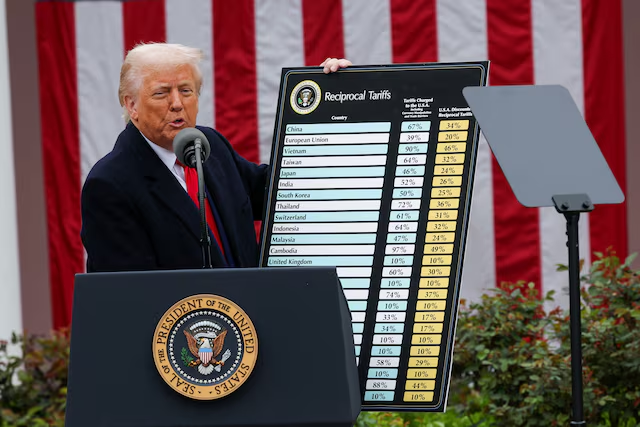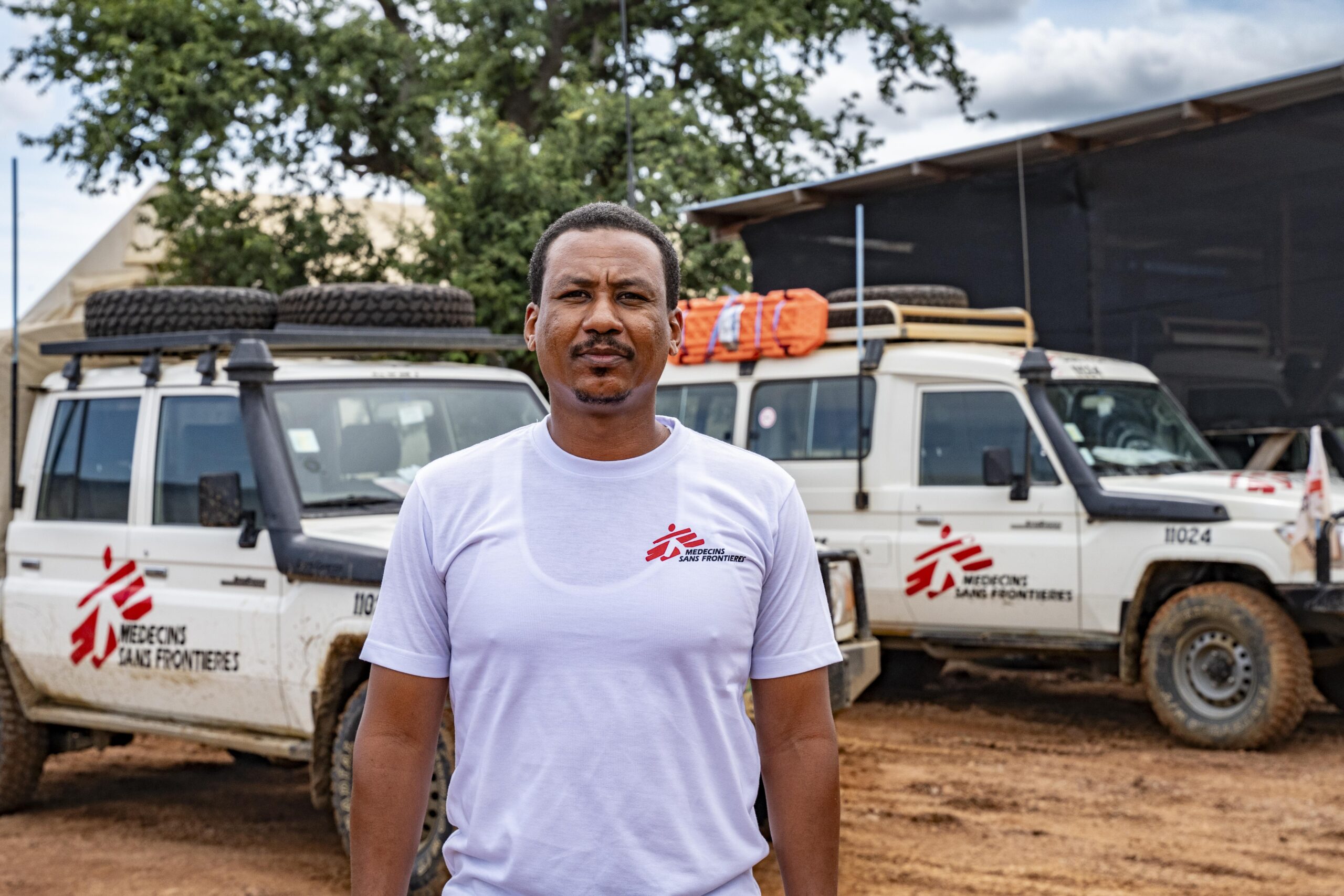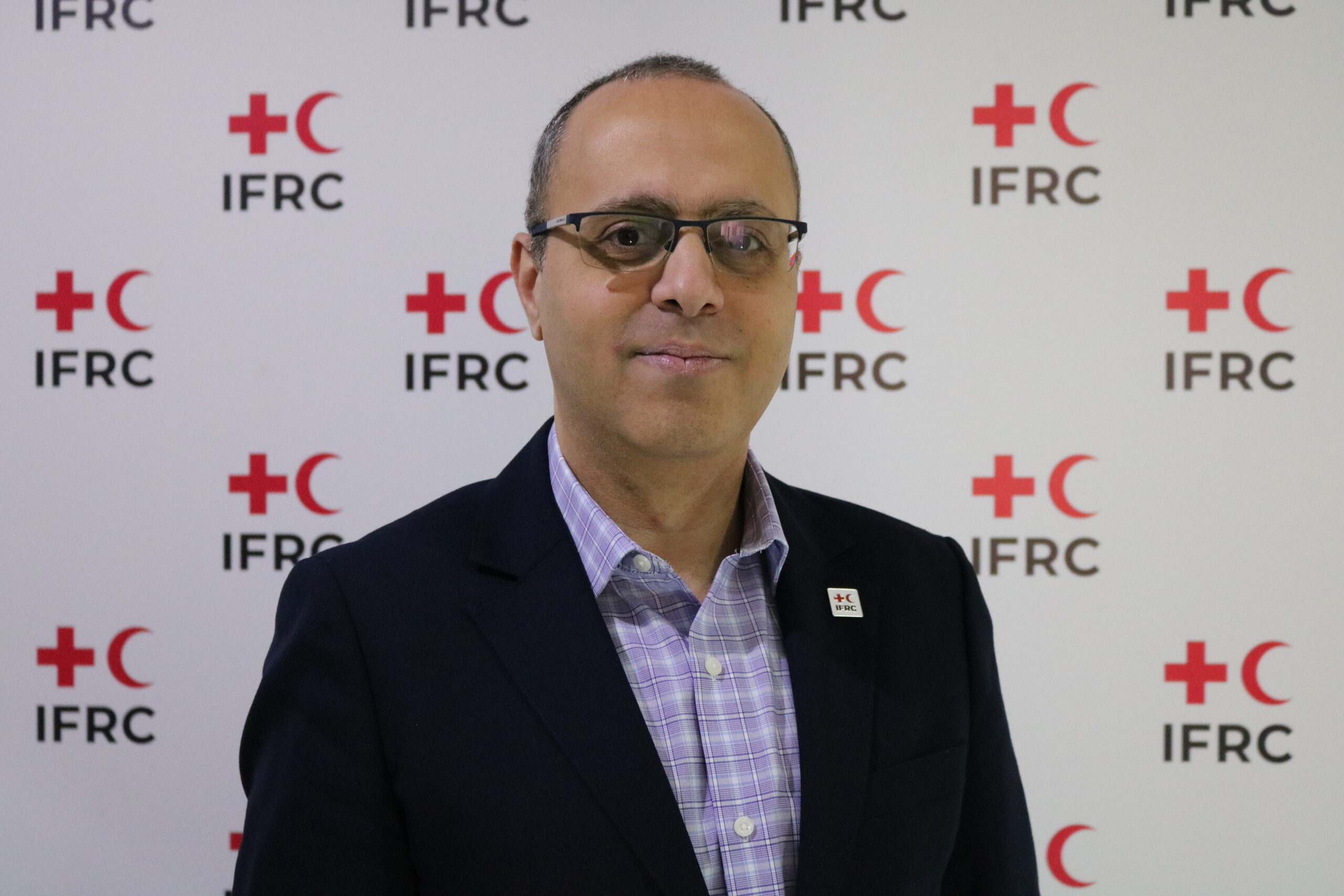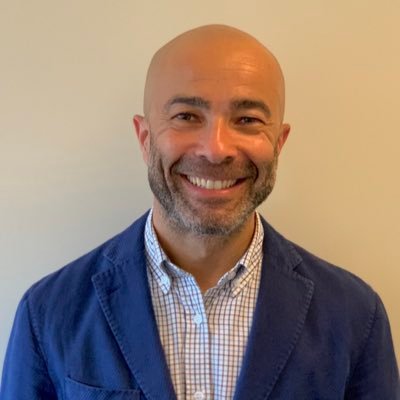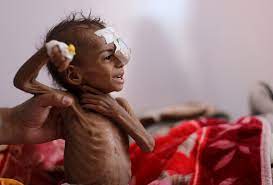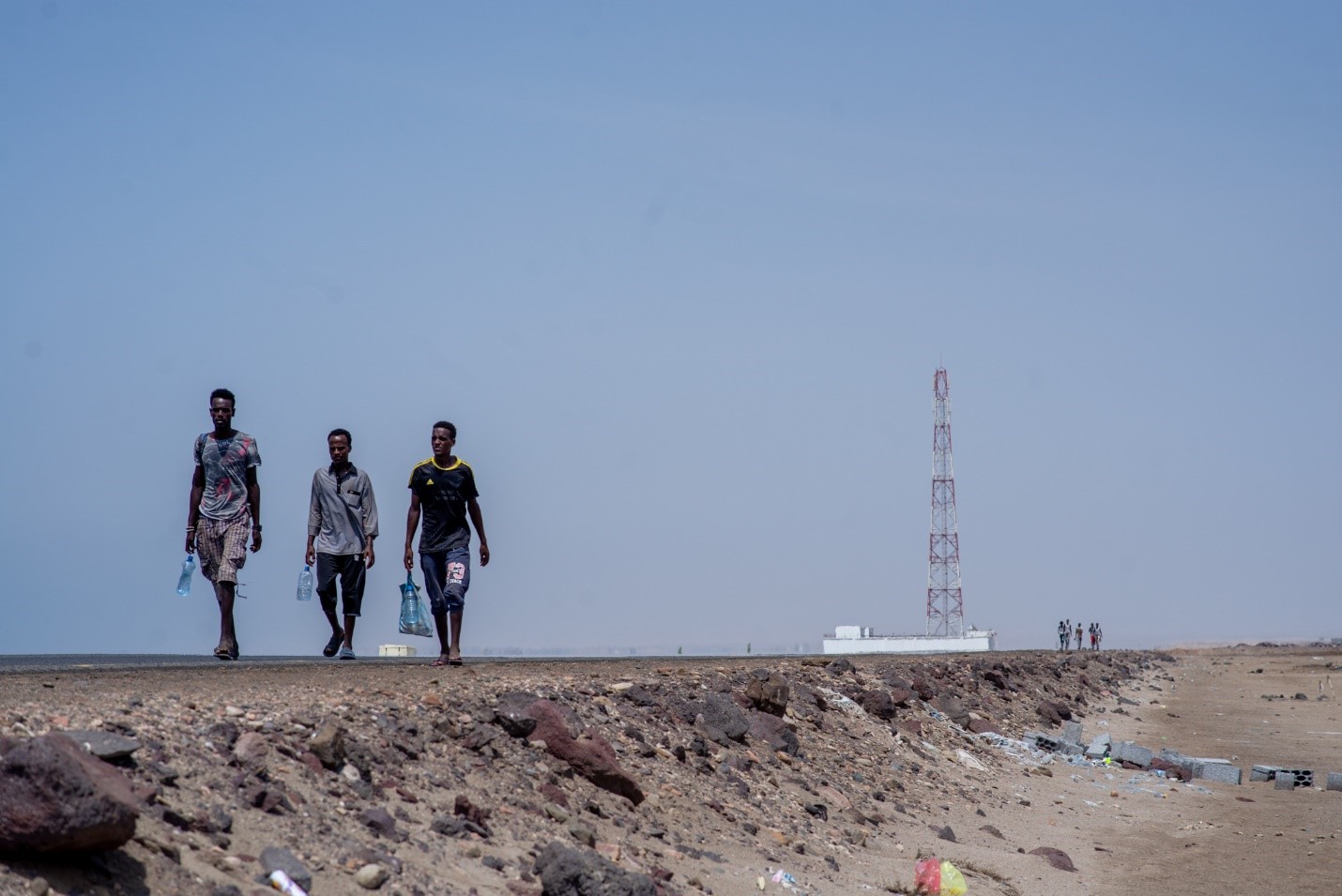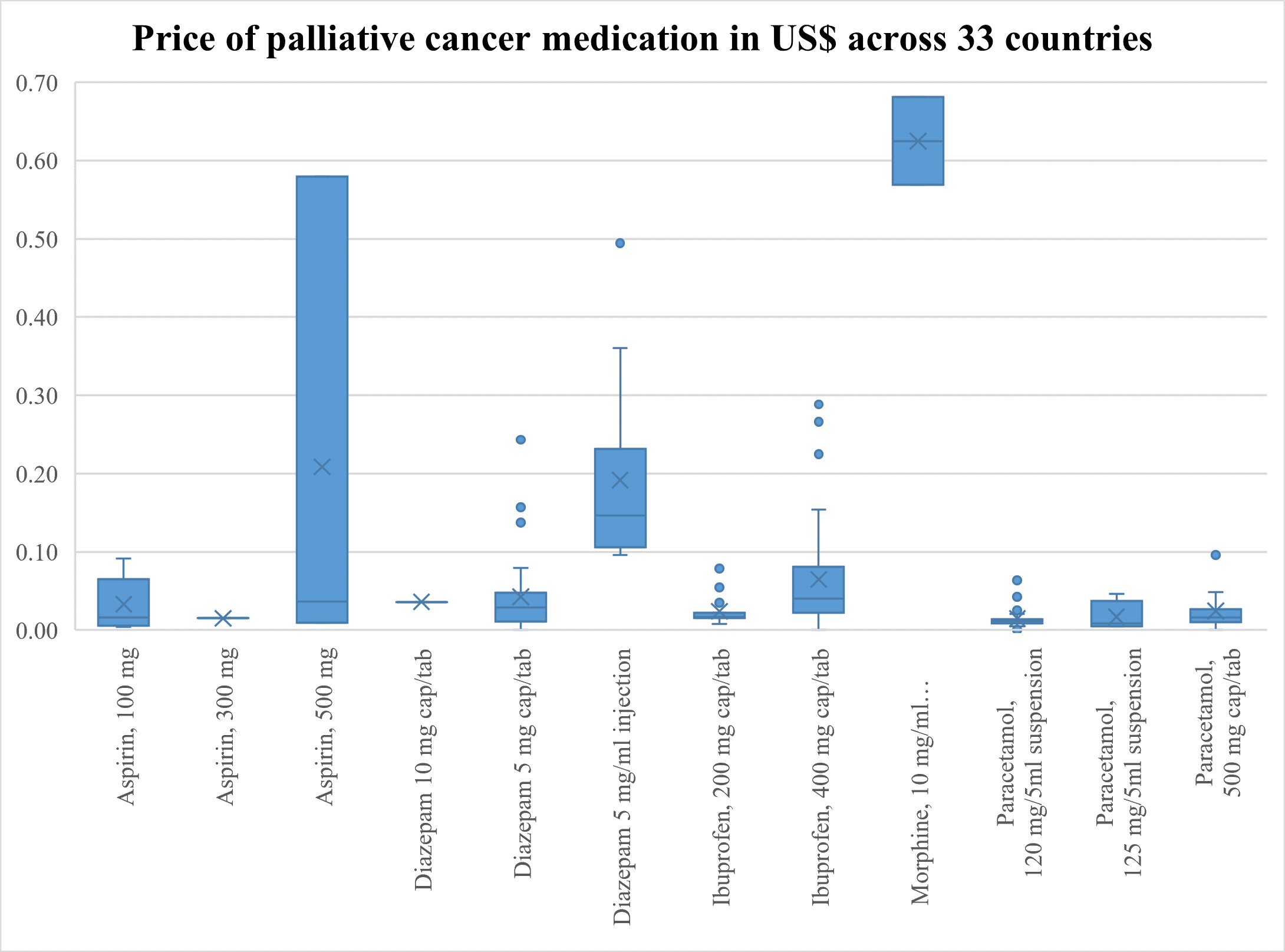Migration takes centerstage at the UN this week
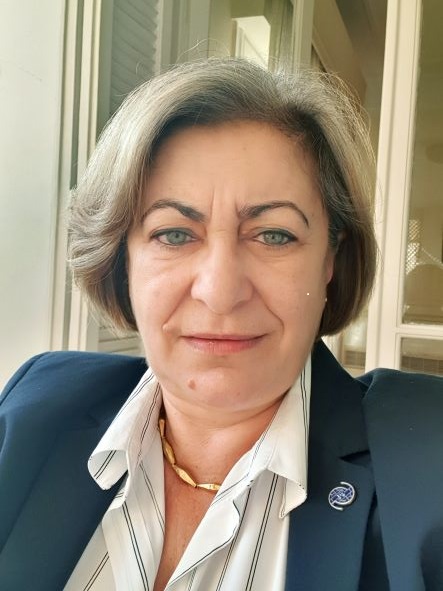
Ms. Camela Godeau.
Within the coming days, the world will witness the very first International Migration Review Forum, happening this May 17th – 20th. Arriving at this quadrennial forum not only means that the world has successfully conducted the very first round of Regional Reviews for the Global Compact for Safe, Orderly and Regular Migration (GCM), but it also means that the momentum to improve migration governance across the globe continues to grow and garner more attention and space on the international discussion fora.
Such momentum most certainly works in favor of the individuals, the families, and the communities that all those involved in the GCM adoption and implementation work so tirelessly to support. Getting here has been no easy feat. The GCM development alone took months of consultations at all levels; between local governments, the private sector, trade unions, civil society, parliamentarians, academia, and of course, migrants themselves.
And finally, with the yes-votes of 146 countries, the GCM was adopted in December 2018 by UN Resolution 73/195. As its first years of implementation were being rolled out, COVID-19 hit the world and created folds of challenges on the road ahead.
In such challenging times, the Members States, multi-stakeholders, and the UN worked very closely together to set up Regional and Country-level UN Networks on Migration, to support the implementation of the 23 objectives of the GCM and bring migration actors together, in one, sometimes virtual room. And despite the challenges, work on migration governance continues to promote a whole-of-government and whole-of-society approach. Every partnership matters.
The UN Networks facilitated the very first round of GCM Regional Reviews between 2020 and 2021, which shed light on modalities of support and a wide array of migration governance interventions. The Regional Reviews introduced the very first temperature-check on the progress made at local, national, regional and global levels in implementing the 23 GCM objectives. They offered an impressive variety in their approach and sustainability, exchanged in public fora, and discussed in light of best practices to replicate successes, and lessons learned to mitigate challenges.
The Regional Reviews also brought about new winds of change as more Member States started contributing to the ongoing strong momentum, launching, and announcing new and extended support and interventions ultimately intended to enhance migration governance worldwide. From the MENA region, three countries have also joined the Champion Countries initiative to promote and support other countries: Morocco, Egypt and Iraq.
In our region, the Regional Reviews paved the way for a number of workstreams on the regional and sub-regional levels, and more specifically on the country-level as many countries across the Arab States confirmed their commitment to migration governance in documented action and change. With IOM growing into its role as Coordinator and Secretariat of the UN Networks on Migration, the Regional UN Network on Migration for the Arab States, in turn, grew very quickly and expanded its support to all the countries in the region.
It also worked very closely with keen and dedicated focal points from Arab governments and helped capture essential policy and operational changes being introduced in the region. The IOM Regional Office helped the kickstarting of 16 networks in our region, and will continue to support the governments to the IMRF and beyond.
As we approach the IMRF with high aspirations, energy and preparedness, we are guided by the GCM resolution, which now rests comfortably in the UN framework, through state-led approach that caters to the participation of all relevant stakeholders for a holistic all-of-society collaboration towards good migration governance.
The Forum is not the endgame, it is a landmark step towards the culmination of efforts and building on foundational work over the past few years. It is a global meeting point to extend the universal discussion on migration governance, and to explore opportunities for expansion, collaboration, and sustainability; it is a gateway to higher grounds towards safer, more orderly and more regular migration.
It is also a lens to life after May 2022, when we go back to our drawing boards, with all the critical recommendations produced in the Progress Declaration, awaiting to be rolled out worldwide. And this is what we intend to do, we certainly hope you continue to be a part of it.
Why be part of it? Well, people move for many reasons, ranging from security, demography, livelihood, and climate change. Such movements connect countries, cities and communities. Migration promotes cultural diversity, trade and investment, innovation and knowledge, economic stimulation and generation of remittances. With the correct policies in place, migration can bring significant development benefits to migrants, origin and destination countries alike.


